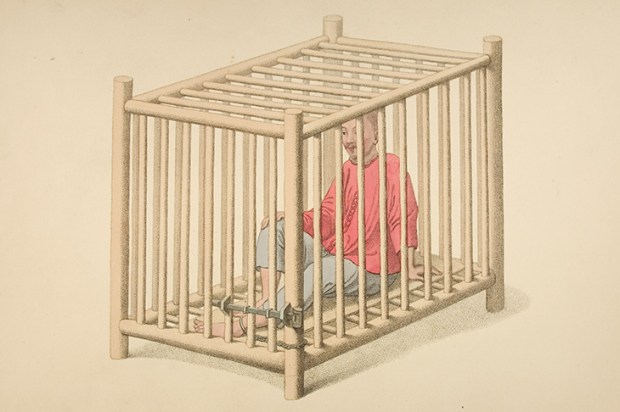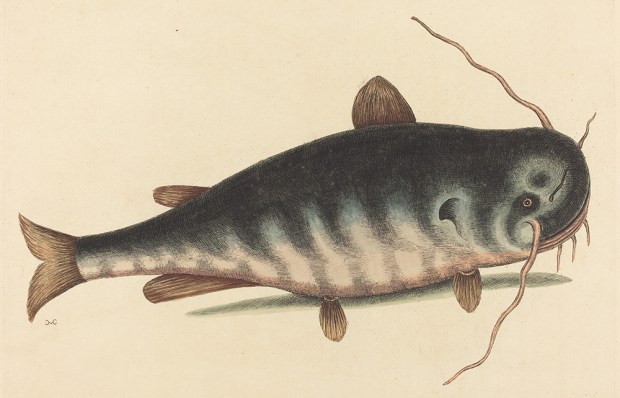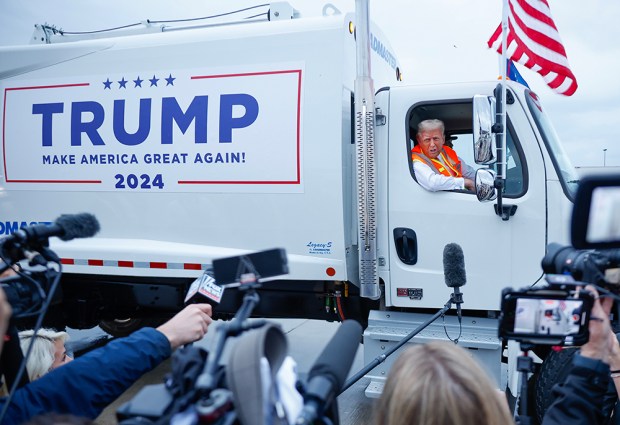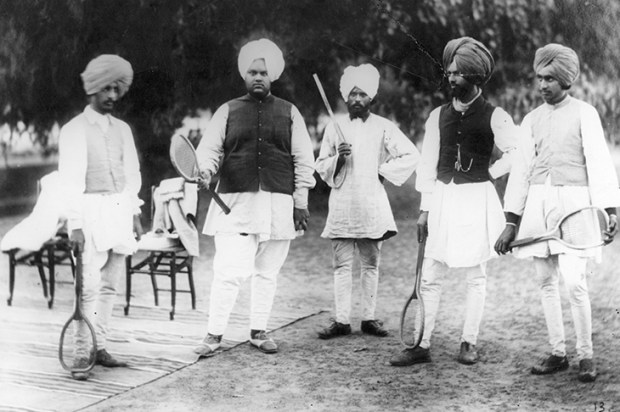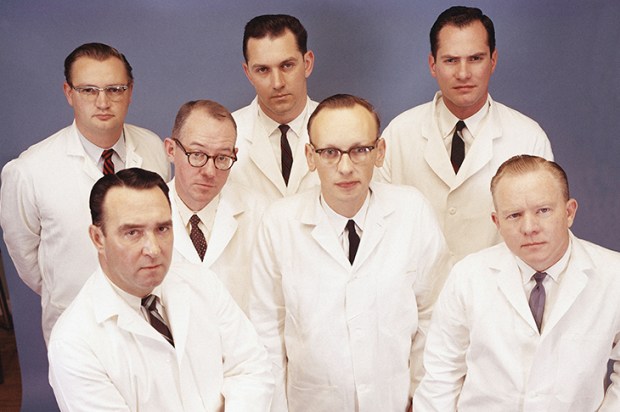In a recent post-budget interview Treasurer Jim Chalmers claimed his tax cuts (worth about a Mars Bar a day) are ‘not to be sneezed at’. He wants no sniffs and sneezes of disapproval of his brimming confidence (‘we have turned the corner’). But where did this odd expression (‘not to be sneezed at’) come from?
It first appears in print in an 1806 letter by Sir Walter Scott, but it may have its roots a little earlier, back in the 1700s, with the craze for snuff boxes, which as you might expect resulted in an awful lot of sneezing. A pinch of snuff sniffed into the nostrils could produce a sneeze on call and developed into something people did in the middle of a conversation as a sign of disrespect to the speaker or what was being said. Sneezing could also be used as something of a status symbol, showing you were perhaps above the person before you and anything they had to say. So, if someone spoke words you disapproved of or found beneath you or boring, you could show your disregard by getting out your snuff box and sneezing. And Jim’s budget is certainly something ‘to be sneezed at’!
If the current state of Australian politics ‘gives you the willies’ (as it does Speccie reader Peter) you might (like Peter) want to know the origin of this odd expression. The phrase seems to have been born in the United States around 1895, so let’s go to the American dictionary, the Merriam-Webster, for a definition: ‘A fit of nervousness or of acute mental uneasiness or discomfort.’
And, yes, Peter is right – that’s a reasonable response to the flabby state of Aussie politics. The first recorded use of ‘the willies’ is by Eugene Field (notorious for his soppy poems about childhood, such as ‘Wynken, Blynken, and Nod). ‘Giving us the willies’ puzzles us now, because it is a shortened form of a longer expression: the ‘willie wobbles’ (coined for the alliteration). So, ‘you give me the willies’ was a way of saying ‘you give me the wobbles’ – which might be a better name for the current state of our political scene.
Speccie reader Wendy writes to ask, ‘Where is Bullamakanka’? adding, ‘My father always used this in the 1950s and 60s.’ Well, Wendy, the distant bush town of Bullamakanka is part of what Russell Ward called ‘the Australian legend’. It has always been one of those mythical outback towns – places you won’t find on any map, but which symbolise the remoteness and rigour of life in the bush (and the heroism of the pioneers who settled there). When I was a boy the one I heard mentioned most often was ‘Bullamakanka’ but it’s one of a group of such landmarks that include ‘Oodnagalahbi’, ‘Woop Woop’, ‘Wheelyabarraback’ and ‘the Black Stump’. Bullamakanka scores an entry in the Macquarie Dictionary where it’s defined as ‘an imaginary remote and insignificant town’. But it remains significant in the Aussie imagination!
Got something to add? Join the discussion and comment below.
Contact Kel at ozwords.com.au
You might disagree with half of it, but you’ll enjoy reading all of it. Try your first month for free, then just $2 a week for the remainder of your first year.


